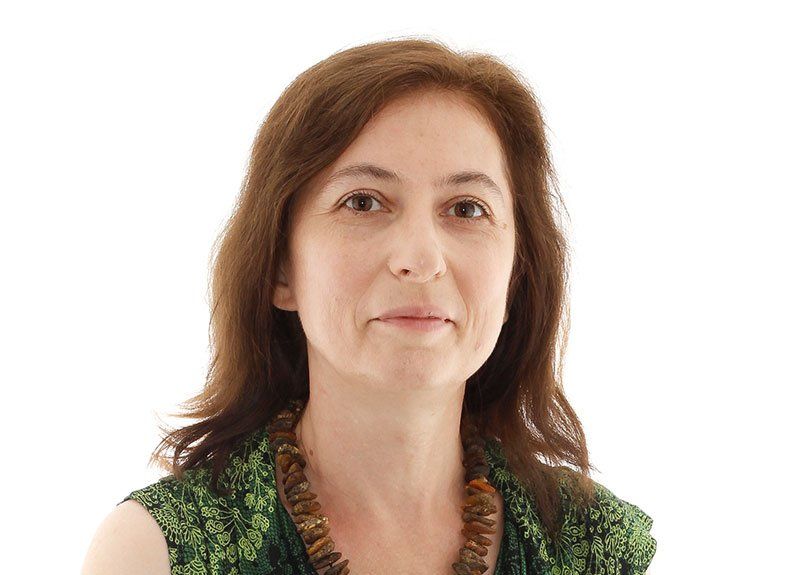Psychoanalysis
Psychoanalysis is a classical and modern method of long-term psychological treatment and is one of the oldest forms of psychotherapy. It was established at the beginning of the 20th century and continues being the most robust psychotherapeutic method available. Psychoanalysis is complex and is more than psychotherapy. It often eases psychological suffering after many other therapy methods have had limited success.
Psychoanalysis works mostly with the unconscious. The unconscious of every person is vast compared to the conscious mind. It is the pool of all feelings, thoughts, urges, conflicts, and memories that are outside of our conscious awareness. These active unconscious elements guide one’s life and decisions and control most of our choices. They can create nervous tension and negative feelings such as deep unhappiness, anxiety, depression, intense boredom, feeling of emptiness, and self-depreciation. These can transpire in many ways, including self-destructive behaviours, or difficulties with personal relationships or work. Such problems are usually difficult to resolve and show up again and again.
Oftentimes psychological troubles have been in one’s life for a long time — maybe since childhood. For these a treatment deeper than typical psychotherapy is needed. This is where psychoanalysis comes in. Through psychoanalysis people learn how they came to be who they are and why they do and feel the things they do. This understanding of oneself leads the way toward emotional freedom and personal growth. Typically, the result is lasting psychological and life changes and improved well-being.
Usually in psychoanalysis the analysand comes several times a week for at least a couple of years, lies on a couch, and communicates as openly as possible. The analysand’s thoughts are allowed to wander freely. This reveals the active unconscious elements. Being on the couch and facing away from the analyst makes it easier to talk about embarrassing or difficult topics. It also shifts the focus from outside life to inside life. The greater frequency helps. The painful emotional reality is forced to stay within conscious awareness and be worked through.
Many individuals find that the use of the analytic couch allows them to speak more freely about their personal concerns while others find that sitting in a chair face-to-face is the best way for the psychological work to unfold. Either way, this sustained process allows for a deep form of emotional learning that is naturally continued by the client themselves after the end of their analysis.
Analysts
The letters “FIPA” stand for Fellow of the International Psychoanalytical Association. The International Psychoanalytical Association (IPA) is the oldest international psychoanalytical organization and the world’s foremost accrediting and regulatory body for psychoanalysis. The IPA was founded in 1910 by Sigmund Freud and his associates. As has been the case from the beginning, a primary goal of the Association is to protect the public from untrained practitioners by establishing standards for professional training.
The educational requirements for membership in the IPA include completion of a comprehensive IPA-accredited postgraduate training program in psychoanalysis, necessitating four or more years of didactic study, supervision of clinical work, and personal analysis. These standards reflect the view that psychoanalysis is best conducted at a high frequency of sessions, and that the training of the future psychoanalyst should be of sufficient intensity and depth to ensure the highest possible level of professional competence.
Not all practitioners identifying themselves as “psychoanalysts” have been trained according to IPA standards of education. Training programs outside the IPA employ varying educational criteria. Alternatively, if you see the letters “FIPA” or the words “Fellow of the International Psychoanalytical Association” after a practitioner’s name, you can be confident that the individual has fulfilled rigorous educational and professional requirements. If you are not sure whether a practitioner is a “FIPA,” please inquire.
Gilmour Psychologists with Expertise in Psychoanalysis
Contact Gilmour Psychological Services® in Ottawa to schedule a consultation with a psychologist who has an expertise in psychoanalysis.






